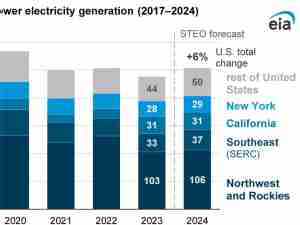Med Crude-Urals under pressure from low margins, demand
By: Reuters | Jun 30 2014 at 01:41 PM
Russian Urals crude was unchanged on Monday after a short-lived rally at the end of last week with traders saying poor refining margins and depressed demand were not giving much hope that the strengthening of the grade would last long.
There were no deals, offers or bids in the Platts window in Urals or any other grade in the Mediterranean or the Baltic.
No deals were reported outside the window while Urals refining margins for simple refineries stood at around plus 50 cents while being still negative for more sophisticated plants.
“I thought things would improve slightly in July as they always do but they remain still very much depressed,” said a trader with a major.
“Small refiners are more flexible and slightly increase runs so the market is a bit more supported at the prompt but the outlook for 2-3 months down the road is gloomy. Cheap and abundant West African grades keep putting pressure on light grades,” he said.
A trader in Azeri Light said he expected the market to weaken slightly by not by much.
“The margins are $2 per barrel worse this year than the same time last year. It is clear that margins are being depressed by mass imports of products into Europe including from the United States,” he said.
“I’m not optimistic as August is usually worse than July (for crude demand),” he said.
JBC Energy analysts said in a research note a recent spike in outright prices on the back of instability in Iraq and Ukraine has helped to obscure the fact that the physical crude market was actually very weak.
“What’s more this weakness is happening at a time when crude differentials should be drawing support from higher Q3 demand,” it said.
“The core of this weakness can be found in Europe and the Atlantic Basin and is reflected clearly at the front end of Brent… Other indications are the stubborn and counter-seasonal weakness of Urals as well as tumbling spreads for regional light-sweet crudes,” it added.
It also noted that CPC Blend, Siberian Light and Saharan Blend have all slipped to rare discounts against Dated Brent.
“The weakness is fundamental in nature with low refinery runs on the back of weak margins having severely impacted demand,” JBC said while adding it still believed that higher European Q3 demand should soon be translated into higher crude runs by refiners.








